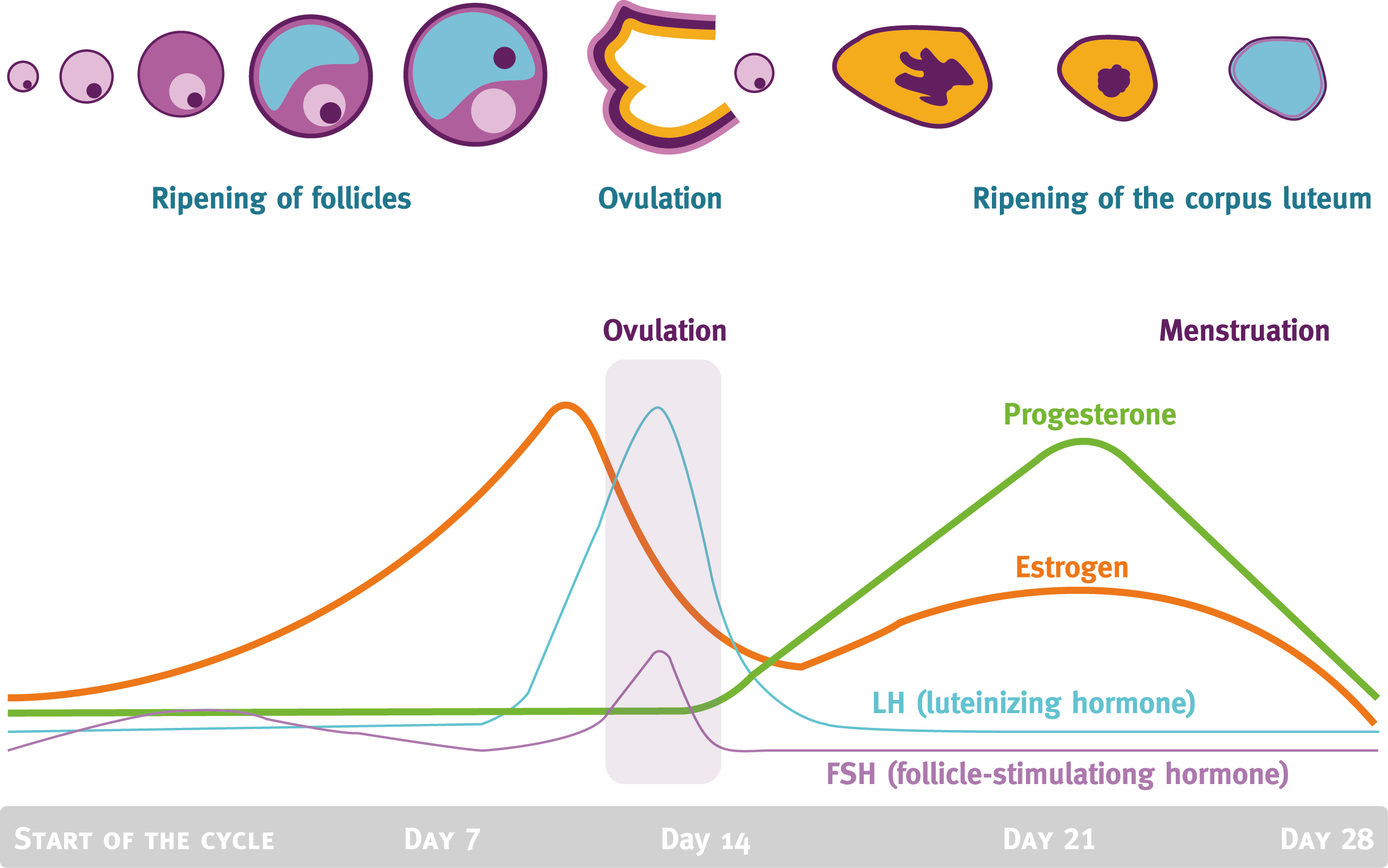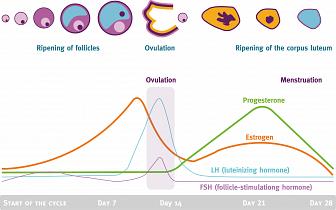Migraine: Higher Estrogen Levels Linked With More Headaches
A latest study has reported that inconsistent estrogen levels may be the rationale why some women are more susceptible to recurrent migraines than men. This condition is distinguished by incapacitating headaches affecting mostly women of reproductive age. This theory had previously been explored by diverse teams of scientists, but their results had been quite inconclusive.
This latest study published in the journal Neurology, suggests women suffer from this issue in larger proportion because of changes in the level of sex hormones in their bodies. The incidence of this headache in men is just 6% as compared to 8% with that of women.
The researchers have shown that a drop in estrogen levels, a few days before menstruation could be responsible for migraines.
The study was done by the scientists from Albert Einstein College of Medicine in New York, who conscripted 114 women with a history of migraine along with 223 healthy controls.
The women were asked to inscribe in a daily headache diary to personally pursue how they felt over a full menstrual cycle. In corresponding, by evaluating their urine samples, their sex hormones levels were also monitored on a daily basis.
The study measured and considered peak hormone levels and average daily levels and corresponding rates of decline were calculated over the five days that followed a hormonal peak in the menstrual cycle. They were predominantly paying attention by what transpired in the two days following an estrogen peak in the luteal phase of the cycle which is the exact moment after ovulation, before the start of the cycle.
In women with migraines, the average rate of decline in estrogen hormone levels during these two days was found to be 40% as weighed against with 30% in controls. No differences in decline were monitored for other hormones.
The study could be a fair stride in taking care of women with migraines. The speculations are that hormone replacement treatments might help lessen the regularity of migraines for some women especially if their migraine is connected to menstruation period. Further research will to be done to produce more efficient treatments especially in a larger experimental group.
Comments
There are 0 comments on this post



















